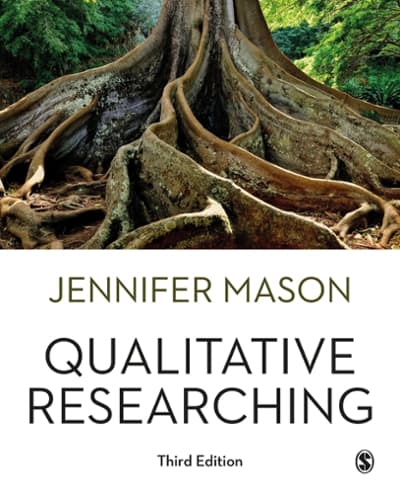Answered step by step
Verified Expert Solution
Question
1 Approved Answer
II! - + 1 of 3 D File C:/Users/Sorayel/Documents/COUN%208135-Supervision/School%20of%20Counseling%20Professional%20dispostions.pdf PDF School of Counseling Profession: X + Draw Read aloud Ask Bing Al Q Q

II! - + 1 of 3 D File C:/Users/Sorayel/Documents/COUN%208135-Supervision/School%20of%20Counseling%20Professional%20dispostions.pdf PDF School of Counseling Profession: X + Draw Read aloud Ask Bing Al Q Q | 0 & K SCHOOL OF COUNSELING'S KEY PROFESSIONAL DISPOSITIONS Counselor educators are obligated to "provide students with ongoing feedback regarding their performance throughout the training program" (2014 ACA Code of Ethics, F.9. Evaluation, and Remediation). This feedback ensures that counseling graduates demonstrate both knowledge and skill across the curriculum as well as professional dispositions. These are defined as "the commitments, characteristics, values, beliefs, interpersonal functioning, and behaviors that influence the counselor's professional growth and interactions with clients and colleagues" (2016 CACREP Standards, p. 43). The School of Counseling identifies ten (10) Key Professional Dispositions that students who are most suitable for the profession consistently demonstrate (Bogo et al., 2007): Engagement, Accountability, Relationships, Sensitivity, Impartiality, Discipline, Awareness, Growth, Communication, and Congruence. These key professional dispositions are defined as follows: RESPONSIBILITY 1. Engagement: Student punctually attends scheduled meetings, actively contributes in required academic settings, and promotes other students' learning. 2. Accountability: Student accepts personal contributions to academic, skills, and comportment deficiencies and acts responsibly to enhance professional effectiveness. FITNESS 3. Relationships: Student professionally interacts with others and effectively navigates interpersonal differences. 4. Sensitivity: Student attends to the feelings, experiences, and perceptions of others and consistently honors their autonomy. 5. Impartiality: Student displays contextual and cultural competency by valuing the fundamental rights, dignity, and worth of all people. This includes respect for age, culture, disability, ethnicity, race, religion/spirituality, gender, sexual orientation, marital/partnership status, language preference, socioeconomic status, veteran status, immigration status, or any basis proscribed by law or as defined by potential clients' experience. MATURITY 6. Discipline: Student exhibits ability to control personal stress, self-disclosure, and excessive emotional reactions that interfere with professional functioning. 7. Awareness: Student manifests alertness of how personal beliefs, attitudes, values, and behaviors affect others and uses sound judgment to assess situations properly. 8. Growth: Student exhibits willingness to engage in self-examination, challenge assumptions, and integrate feedback to reach an acceptable level of competency. 75F Clear INTEGRITY a myhp 9. Communication: Student displays respectful tone and uses open. honest. and accurate statements in dealing with others. Q Search 10:10 PM 9/10/2023 20
Step by Step Solution
There are 3 Steps involved in it
Step: 1

Get Instant Access to Expert-Tailored Solutions
See step-by-step solutions with expert insights and AI powered tools for academic success
Step: 2

Step: 3

Ace Your Homework with AI
Get the answers you need in no time with our AI-driven, step-by-step assistance
Get Started


